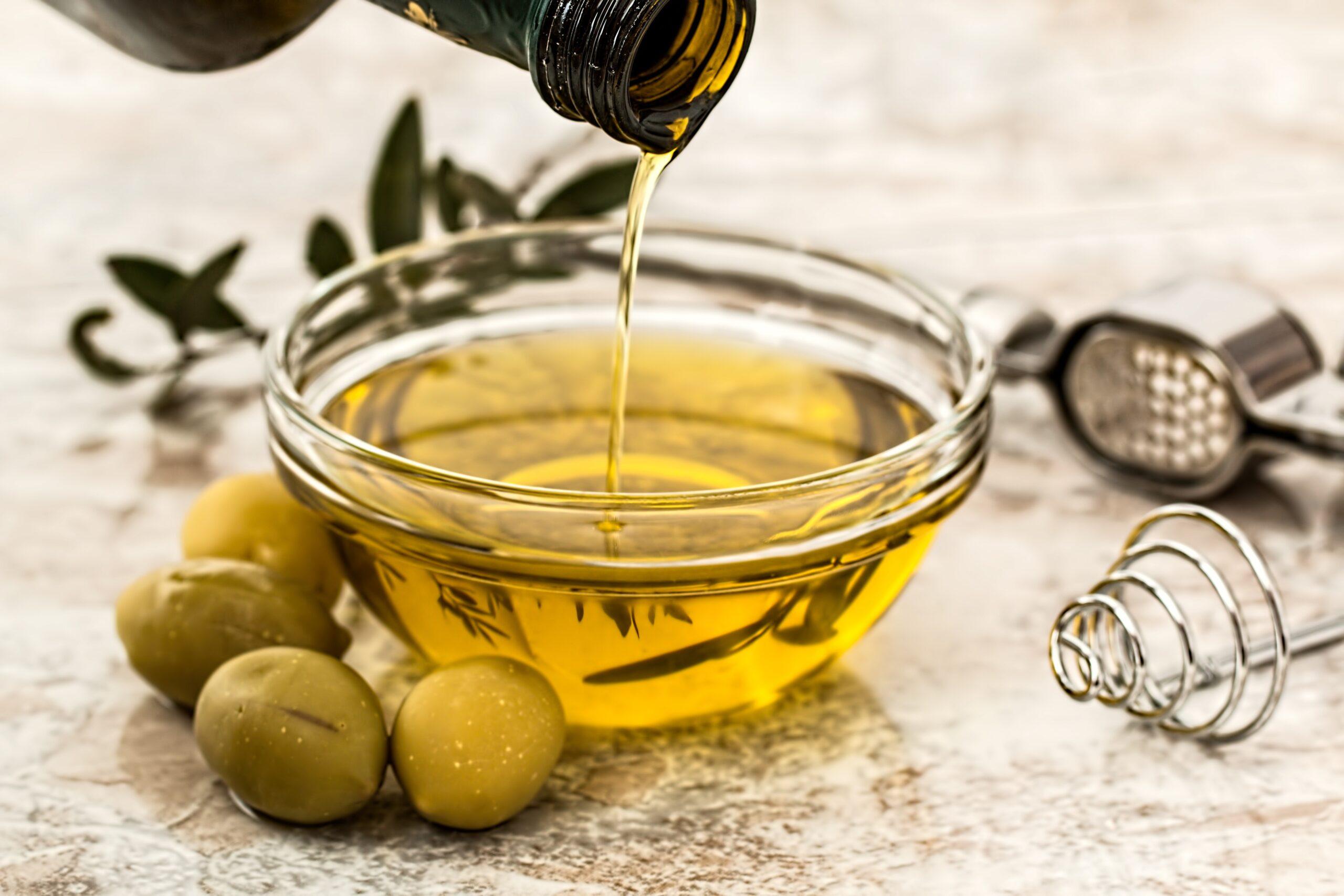The Fundamental Truth about Good Oils
by Vanita Dahia
Take the confusion out of healthy versus bad fats or oils. The clinical importance of essential omega-3 fatty acids as core building blocks of cell membranes and cellular communication are paramount in health and disease.
Fatty acid abnormalities are found in people with pain and inflammation, heart disease, depression and behaviour disorders.
What are Essential Fatty Acids?
Essential fatty acids (EFAs) are a type of fatty acid that the body cannot produce on its own. They must be obtained from the diet. There are two main types of essential fatty acids:
- Omega-3 fatty acids: Omega-3 fatty acids are important for brain development and function, heart health, and inflammation.
- Omega-6 fatty acids: Omega-6 fatty acids are important for skin health, immune function, and inflammation.
Why are essential Fatty acids needed?
EFAs are important for a number of reasons, including:
- Brain development and function: EFAs are essential for the development and function of the brain. They are also important for cognitive function, memory, and learning.
- Heart health: EFAs help to reduce inflammation and improve blood flow. This can help to protect against heart disease.
- Inflammation: EFAs help to reduce inflammation throughout the body. This can help to relieve pain and improve symptoms of conditions such as arthritis and asthma.
- Skin health: EFAs help to keep the skin healthy and hydrated. They are also important for wound healing.
- Immune function: EFAs help to support the immune system. They are important for fighting off infection and disease.
DHA and the brain
Docosahexaenoic acid (DHA) is an omega-3 fatty acid that is important for brain development and function. It is the most abundant omega-3 fatty acid in the brain and is found in high concentrations in the retina of the eye.
DHA plays a number of roles in the brain, including:
- Building cell membranes: DHA is a major component of cell membranes in the brain. It helps to keep cell membranes fluid and flexible, which is important for communication between cells.
- Synthesis of neurotransmitters: DHA is involved in the synthesis of neurotransmitters, such as dopamine and serotonin. These neurotransmitters are important for mood, learning, and memory.
- Protecting against inflammation: DHA has anti-inflammatory properties. This can help to protect the brain from damage caused by inflammation.
- Reducing the risk of dementia: DHA may help to reduce the risk of dementia, such as Alzheimer’s disease.
- Improving cognitive function: DHA may improve cognitive function, such as memory and learning.
There are a number of ways to get DHA, including:
- Eating fish: Fatty fish, such as salmon, tuna, and mackerel, are good sources of DHA.
- Taking fish oil supplements: Fish oil supplements are a good way to get DHA if you do not eat fish regularly.
- Taking DHA-rich foods: Some foods, such as eggs and infant formula, are fortified with DHA.
It is important to get enough DHA from the diet or from supplements. However, it is also important to get the right balance of omega-3 and omega-6 fatty acids. The ideal ratio of omega-3 to omega-6 fatty acids is 1:1. However, most people in the Western diet consume a much higher ratio of omega-6 to omega-3 fatty acids, which can contribute to inflammation.
Educational Webinar
The Fundamental Truth about Good Oils
This webinar is designed to iron out the classes or essential fatty acids (EFA’s), the inflammatory cascade and differentiate between pro- vs anti-inflammatory EFA’s
In this webinar, you will learn:
- Interrelationship between fatty acids
- Therapeutic value of EFA’s
- Clinical signs to assess fatty acid balance
- Testing for EFA levels
- Understanding the lab results
- Decipher which oils are best for you
Test for Essential Fatty Acids
Check if you are sufficient in your essential fatty acids with Essential Fatty Acid Questionnaire.






